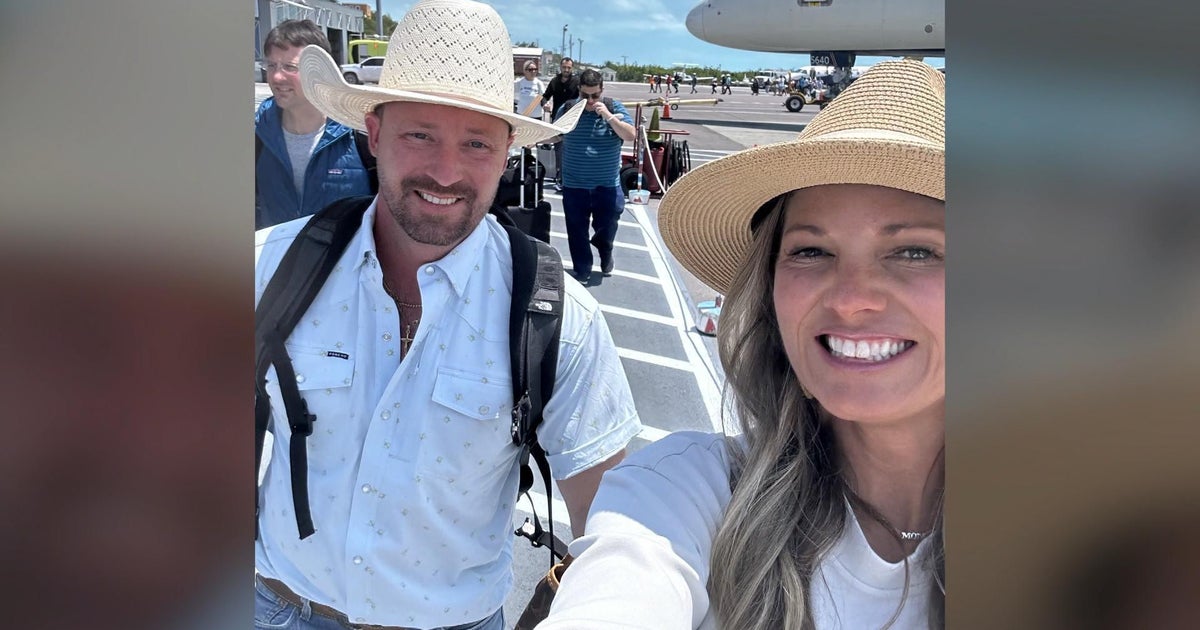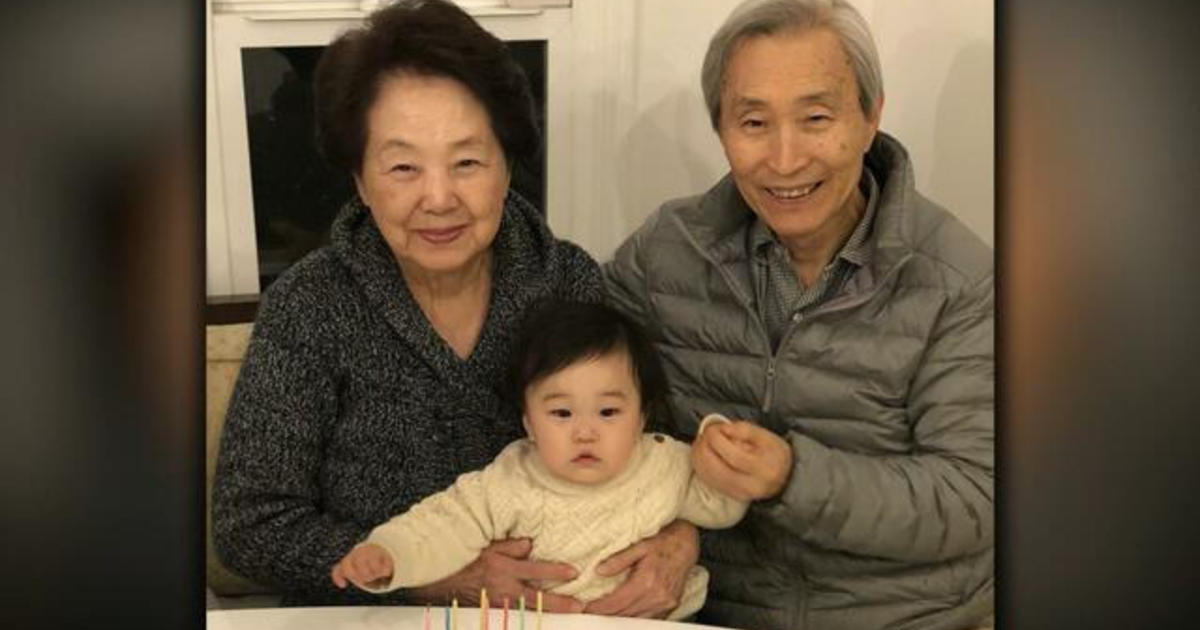Children separated from families at the border could suffer long-term health issues
Immigrant children separated from their parents at the border could be dealing with the impact of their trauma for years to come. Under the Trump administration, it's estimated that thousands of children were separated from their parents. American Civil Liberties Union attorney Lee Gelernt told CBS News he expects that total to top 6,000.
In a congressional hearing Wednesday, Ann Maxwell, the Assistant Inspector General for the U.S. Department of Health and Human Services (HHS), said 911 children have been separated in the last year.
Academy of Pediatrics spokesperson Dr. Lanre Falusi has seen immigrant patients through her affiliation at Children's National Health System in Washington, D.C.
"In the short term, they have these physical manifestations. Stomach aches, heartache. They have headaches. They have trouble toileting. We see kids who regress in their skills, so trouble communicating," Falusi said.
She said trauma at a young age can lead to other health issues down the road, including a higher risk of heart disease, diabetes and cancer.
"As they become adults, we see continued anxiety, continued depression, real PTSD. And I think what surprised a lot of people is that there are these physical manifestations that also stays with them," Falusi said.
CBS News recently met with a father, Yujany Paz-Rosa, who fled Honduras after he was shot five times and refused to join a gang. His 3-year-old son, Maikol, was separated from him at the border.
At the McAllen Border Patrol Processing Center, officers accused him of not being Maikol's father, because his last name was not on Maikol's birth certificate. It took six months for a DNA test to be done, proving his paternity.
But when they finally reunited, Maikol was crying, confused and didn't want to be near his father. Falusi said these are signs of a child who has been "traumatized."
"In the long-term, I do hope that he does repair that bond with his father. But we do know that can take a long time," she said. "I worry about emotional health. I worry about his physical health."
Children fleeing violence in their home countries may already be dealing with trauma before they were separated from their families. A new HHS report found meeting the mental health needs of those separated children was "particularly challenging." It states they experienced "heightened feelings of anxiety and loss," and some cried inconsolably.
Facilities housing immigrant children also reported a high number of cases, difficulty employing qualified mental health clinicians and getting outside services for children who needed specialized treatment.
Falusi said meeting these children's basic needs, with food and shelter, is not enough— they need appropriate mental health care.
"They need people who they can trust. They need stability. They need safety," she said. "To me, this is not even at all political. This is the heart of children's health."
Manuel Bojorquez contributed to this report.



